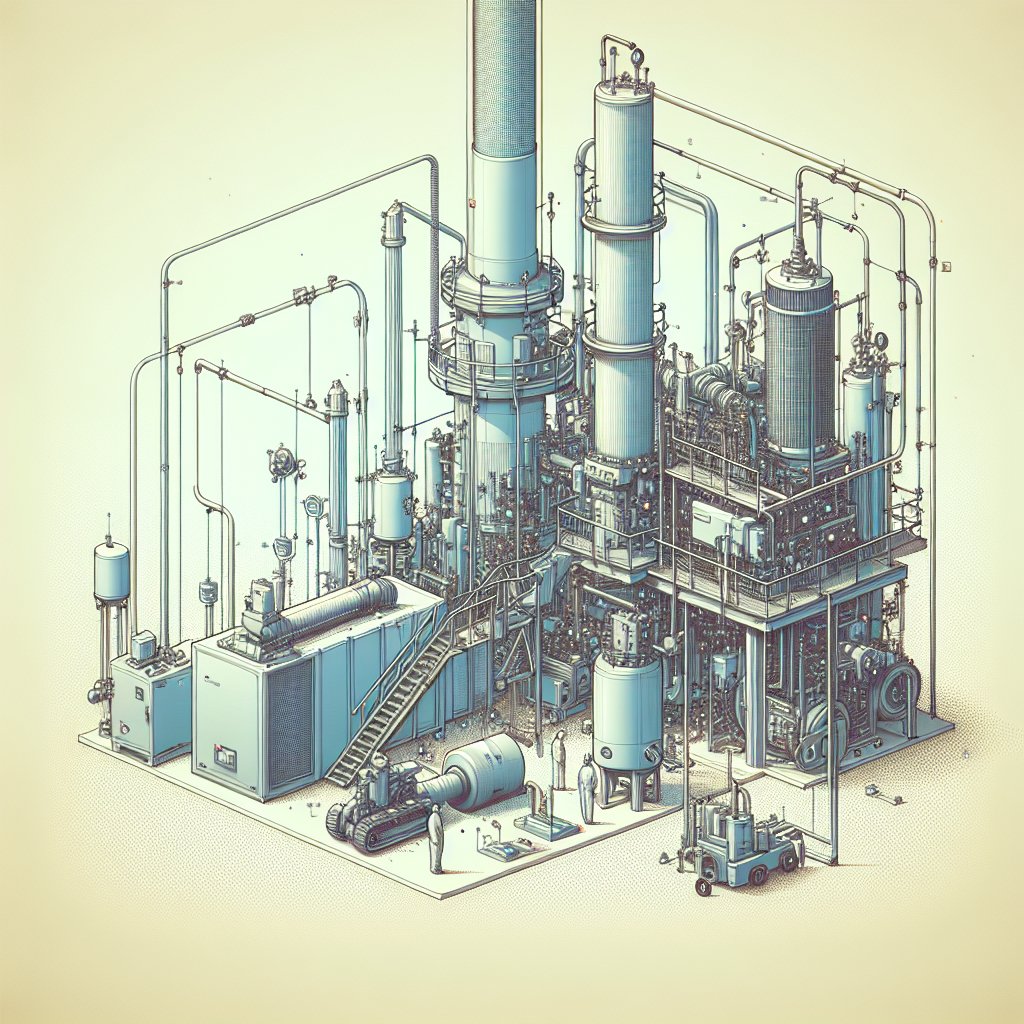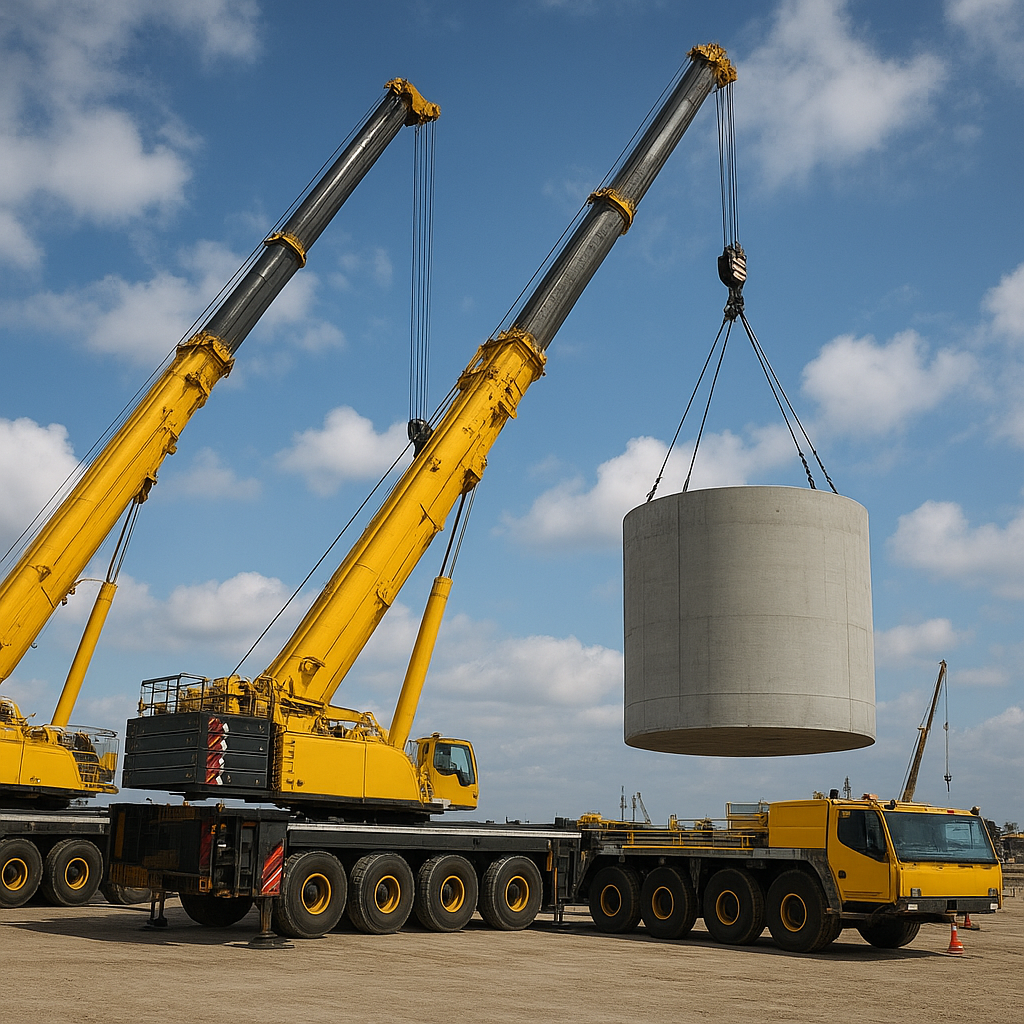
Industrial filters play a crucial role in various sectors, ensuring the smooth operation of machinery, maintaining product quality, and protecting the environment. These filters are designed to remove impurities and contaminants from air, liquids, and gases, making them indispensable in industries ranging from manufacturing to pharmaceuticals. This article delves into the different types of industrial filters and their applications, providing a comprehensive guide for those looking to understand their importance and functionality.
Types of Industrial Filters
Industrial filters come in a variety of forms, each tailored to specific needs and applications. Understanding the different types of filters is essential for selecting the right one for a particular process or industry. Below, we explore some of the most common types of industrial filters.
Air Filters
Air filters are used to remove particles and contaminants from the air, ensuring clean and safe air quality in industrial environments. They are commonly used in HVAC systems, manufacturing plants, and cleanrooms. Air filters can be further categorized into:
- HEPA Filters: High-Efficiency Particulate Air (HEPA) filters are designed to capture at least 99.97% of particles as small as 0.3 microns. They are widely used in environments where air quality is critical, such as hospitals and laboratories.
- Electrostatic Filters: These filters use an electrostatic charge to attract and capture particles. They are effective in removing dust, smoke, and pollen from the air.
- Activated Carbon Filters: Known for their ability to remove odors and volatile organic compounds (VOCs), activated carbon filters are often used in industrial settings where air purification is necessary.
Liquid Filters
Liquid filters are essential for removing impurities from liquids, ensuring the quality and safety of products in industries such as food and beverage, pharmaceuticals, and water treatment. Key types of liquid filters include:
- Cartridge Filters: These filters are cylindrical and contain a filter medium that captures particles as liquid passes through. They are commonly used in water purification and chemical processing.
- Bag Filters: Bag filters consist of a fabric bag that traps particles as liquid flows through. They are cost-effective and easy to replace, making them popular in various industrial applications.
- Membrane Filters: These filters use a semi-permeable membrane to separate particles from liquids. They are highly effective in applications requiring precise filtration, such as in the pharmaceutical industry.
Gas Filters
Gas filters are used to remove contaminants from gases, ensuring the purity and safety of the gas used in industrial processes. Common types of gas filters include:
- Coalescing Filters: These filters are designed to remove liquid droplets and aerosols from gases. They are often used in natural gas processing and air compression systems.
- Particulate Filters: Particulate filters capture solid particles from gases, preventing damage to equipment and ensuring product quality. They are used in industries such as petrochemicals and power generation.
- Adsorption Filters: These filters use materials like activated carbon to adsorb contaminants from gases. They are effective in removing odors and VOCs from industrial emissions.
Applications of Industrial Filters
Industrial filters are employed across a wide range of applications, each with specific requirements and challenges. Understanding these applications helps in selecting the appropriate filter type and ensuring optimal performance. Here, we explore some of the key applications of industrial filters.
Manufacturing
In the manufacturing sector, filters are used to maintain the quality of products and protect machinery from damage. Air filters ensure clean air in production facilities, while liquid filters are used in processes such as metalworking and chemical manufacturing to remove impurities from fluids. Gas filters are also crucial in preventing contamination in processes that involve the use of gases.
Food and Beverage
The food and beverage industry relies heavily on filtration to ensure product safety and quality. Liquid filters are used to purify water and other liquids used in production, while air filters maintain clean air in processing and packaging areas. Filtration is also essential in removing contaminants from ingredients and finished products, ensuring compliance with health and safety standards.
Pharmaceuticals
In the pharmaceutical industry, filtration is critical for maintaining the purity and efficacy of products. Membrane filters are commonly used to sterilize liquids and gases, while air filters ensure clean environments in production and packaging areas. The precise filtration requirements in this industry demand high-performance filters that can meet stringent regulatory standards.
Water Treatment
Water treatment facilities use a variety of filters to remove contaminants from water, ensuring it is safe for consumption and use. Cartridge and bag filters are commonly used to remove particles and sediments, while activated carbon filters are employed to eliminate odors and organic compounds. Membrane filters are also used in processes such as reverse osmosis to purify water.
Environmental Protection
Industrial filters play a vital role in protecting the environment by reducing emissions and preventing pollution. Air filters are used in industrial facilities to capture particulate matter and harmful gases, while liquid filters prevent contaminants from entering water bodies. Gas filters are also employed to reduce emissions from industrial processes, contributing to cleaner air and a healthier environment.
In conclusion, industrial filters are essential components in a wide range of applications, ensuring the quality and safety of products, protecting machinery, and safeguarding the environment. By understanding the different types of filters and their applications, industries can select the right filtration solutions to meet their specific needs and challenges.

